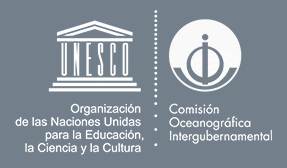Displaying 893 results.
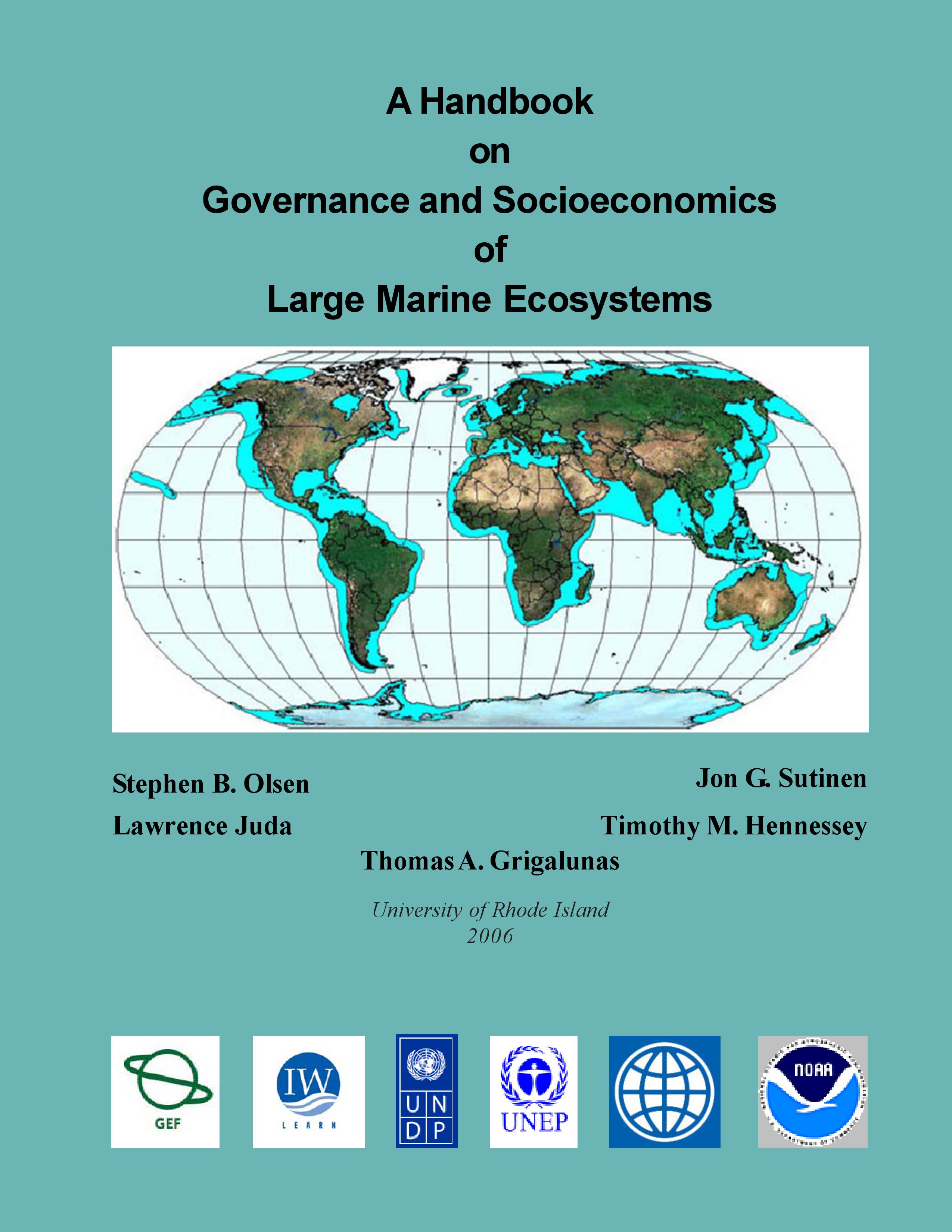
A Handbook on Governance and Socioeconomics of Large Marine Ecosystems
The primary purpose of this Handbook is to serve as a practical guide to innovators of governanceand socioeconomics in Large Marine Ecosystem (LME) projects. Based on a Global EnvironmentalFacility IW:LEARN-sponsored workshop for 11 LME programs,1 the Handbook is designed to beused in short courses and workshops on governance and socioeconomics science to support theecosystem approach to marine resources management
Author: Olsen, S., Sutinen, J., Juda, L., Hennessey, T., and Grigalunas, T.
Year: 2006
Keywords:
 20
20


 Report issue
Report issue
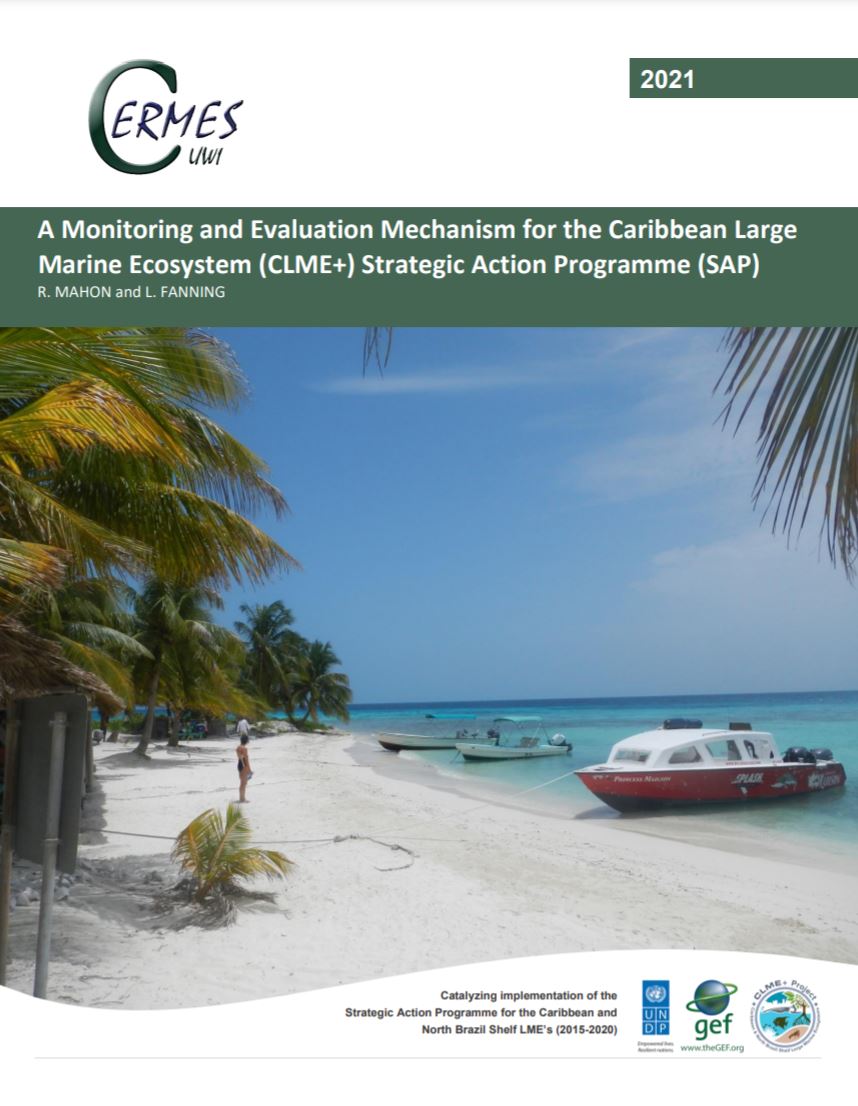
A Monitoring and Evaluation Mechanism for the Caribbean Large Marine Ecosystem (CLME+) Strategic Action Programme (SAP)
In 2013, coastal countries of the CLME+ region adopted a 10-year Strategic Action Programme (SAP) for the Sustainable Management of the Shared Living Marine Resources of the Caribbean and North Brazil Shelf Large Marine Ecosystems (CLME+ SAP, 2013). This SAP provides a roadmap for sustainable living marine resources management, which is to be achieved by targeted interventions supported by strengthening and consolidating cooperative governance arrangements at the regional and subregional levels.
Author: Fanning, L., and. Mahon, R.
Year: 2021
Keywords: Monitoring, Evaluation, Mechanism, Caribbean, Large, Marine, Ecosystem, CLME+, Strategic, Action, Programme
 6
6


 Report issue
Report issue
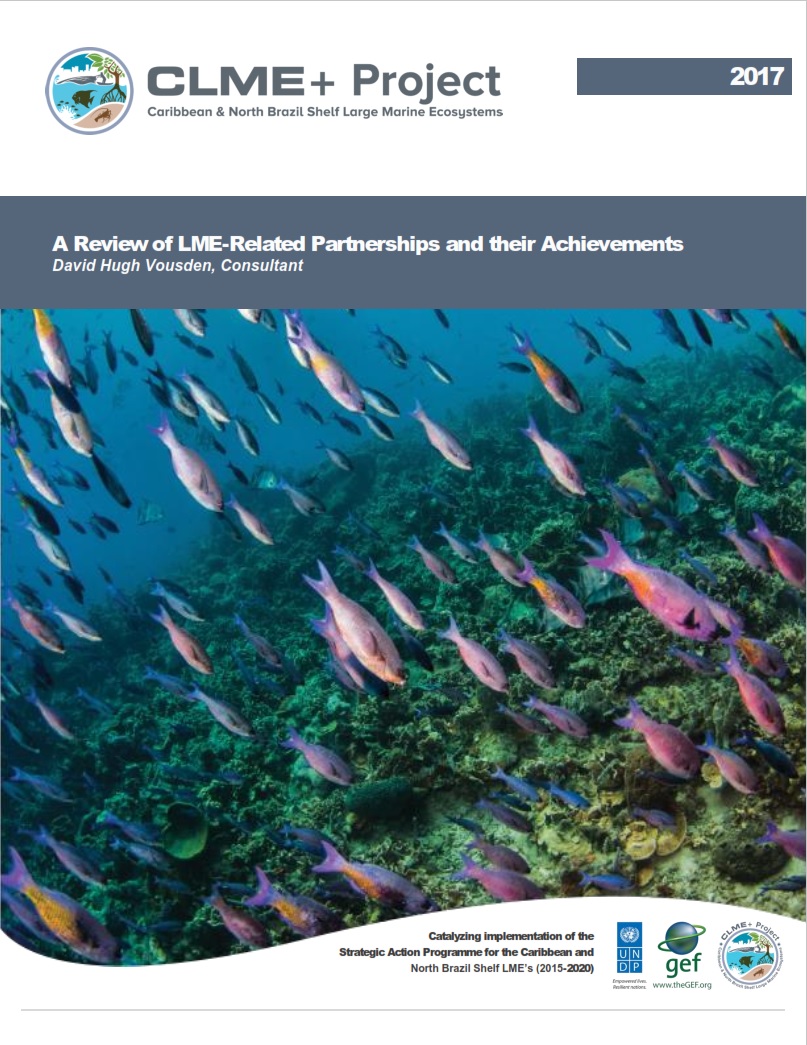
A Review of LME-Related Partnerships and their Achievements
The objective of this report is to review the existing global experiences relating to the establishment of strategic alliances and formal partnerships for improved management, in particular within the context of ocean governance, the management of shared living marine and the effective and collaborative implementation of Strategic Action Programmes within Large Marine Ecosystems. The review considers and discusses the management and governance options already available and proven in various scenarios and marine ecosystems around the world that might with a view to identifying examples and practices which could be adapted and adopted by the CLME+ region and its stakeholders, while respecting the sovereign rights of each participating State.
Author: Vousden, D.
Year: 2017
Keywords: LME, Large Marine Ecosystems, governance
 74
74
 7
7

 Report issue
Report issue
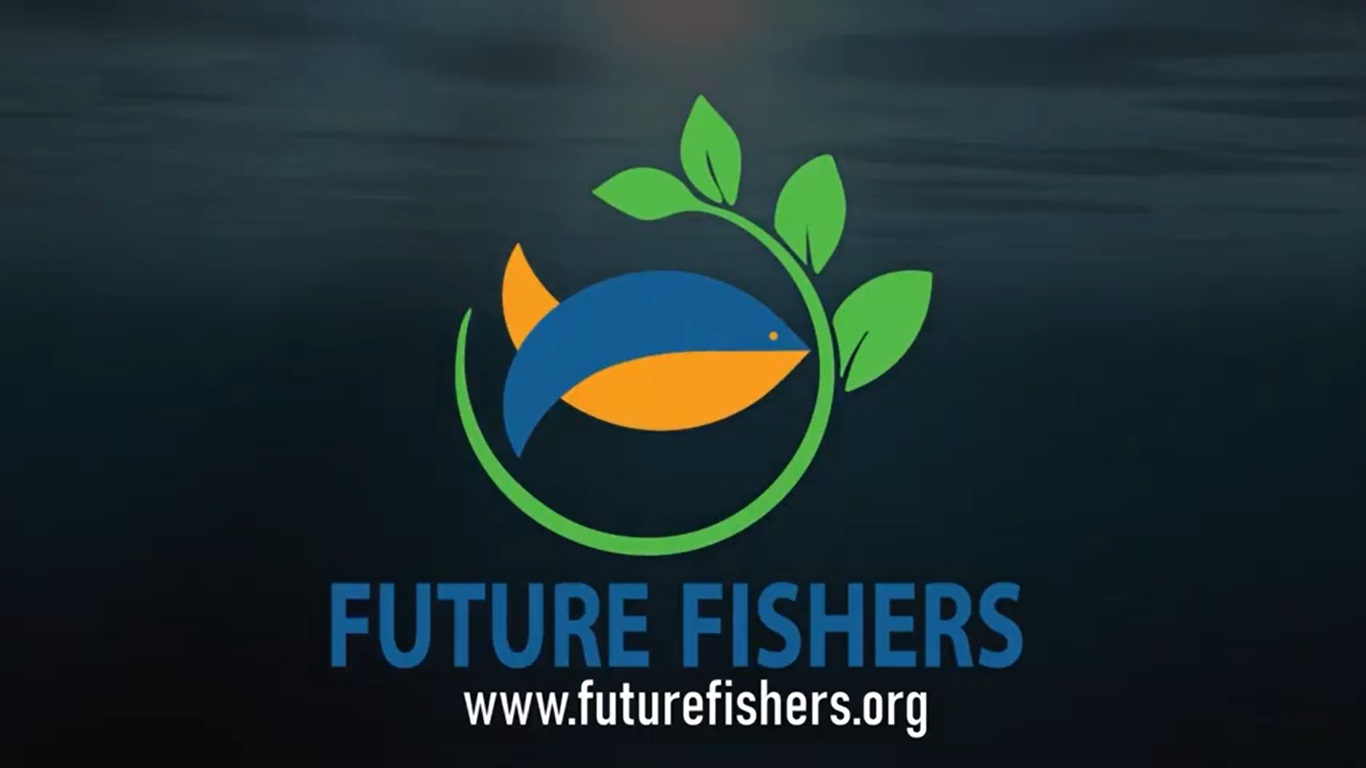
A video introduction to Future Fishers – an NGO in Trinidad and Tobago that seeks to empower local stakeholders to understand the value and benefits of managing coastal and marine resources sustainably
Future Fishers is a non-governmental organisation; founded in 2017 and based on the northeast coast of Trinidad, that seeks to empower local stakeholders to understand the value and benefits of managing coastal and marine resources sustainably.
In 2019, Future Fishers undertook an assessment of market and environmental vulnerabilities and recommendations for small-scale production of smoked and salted fish on Trinidad’s East coast, including the communities of Guayaguayare, Mayaro and Toco. Despite COVID-19 restrictions, Future Fishers was able to do great work on this project and completed it in July 2020.
Their work was made possible with a small grant from the Caribbean Sea Innovation Fund (CarSIF) facility, which was established by the Caribbean natural Resources Institute (CANARI) to address priority needs and actions in the Caribbean on marine and coastal resources governance and management. The small grants are a key component of the regional three-year project, Powering Innovations in Civil Society and Enterprises for Sustainability (PISCES) in the Caribbean which is being funded by the European Union.
Check out this video to learn more about Future Fishers and why their work is so important for supporting sustainable fisheries and managing the Caribbean’s coastal and marine resources: https://youtu.be/fSVr_y6sp48
Author: Future Fishers
Year: 2020
Keywords: A video introduction to Future Fishers - an NGO in Trinidad and Tobago that seeks to empower local stakeholders to understand the value and benefits of managing coastal and marine resources sustainably Knowledge Management, blue economy, fisheries
 4
4


 Report issue
Report issue
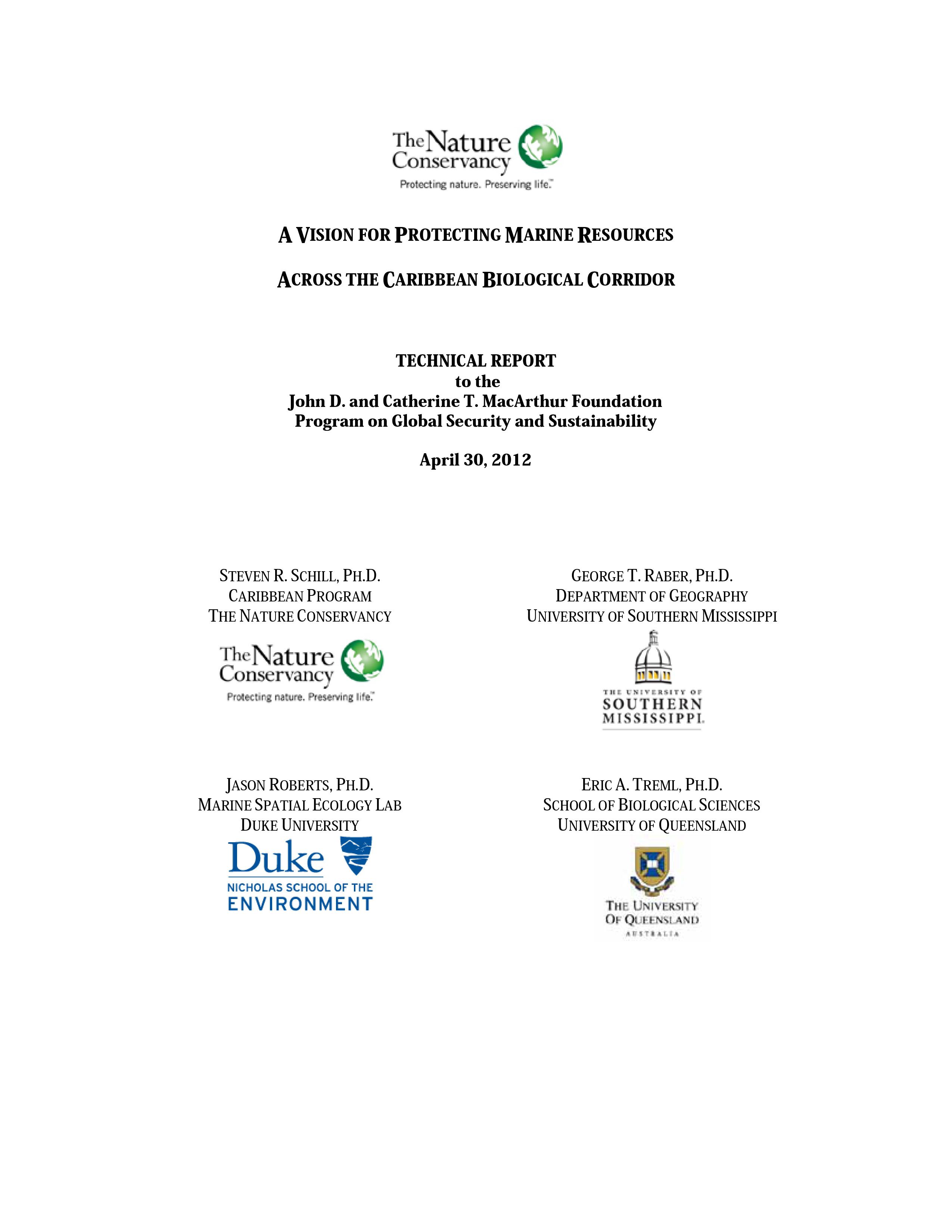
A Vision for protecting marine resources across the caribbean biological corridor
The primary goal of this project was to set in motion a tri-state marine action plan that identifies common problems across the region, consolidating information, and gathering stakeholder inputfor responding to marine biodiversity loss and climate change adaptation needs from a marine corridor perspective.
Author: Schill, S., Raber G., Roberts, J., and Treml, E.
Year: 2012
Keywords:
 8
8


 Report issue
Report issue

Action Plan for the Decade on Ecosystem Restoration in Latin America and the Caribbean
This document describes the Action Plan that the region wishes to undertake for the next ten years promote, improve, accelerate and scale up ecosystem restoration in the region. It is a regional level voluntary effort that focuses on cooperation mechanisms and enabling conditions designed to effectively support countries according to their national needs, priorities and capacities, while promoting synergies and complementarity with existing initiatives.
Author: UNEP CEP
Year: 2021
Keywords: Global strategy for the implementation of the UN Decade on Ecosystem Restoration
 4
4


 Report issue
Report issue
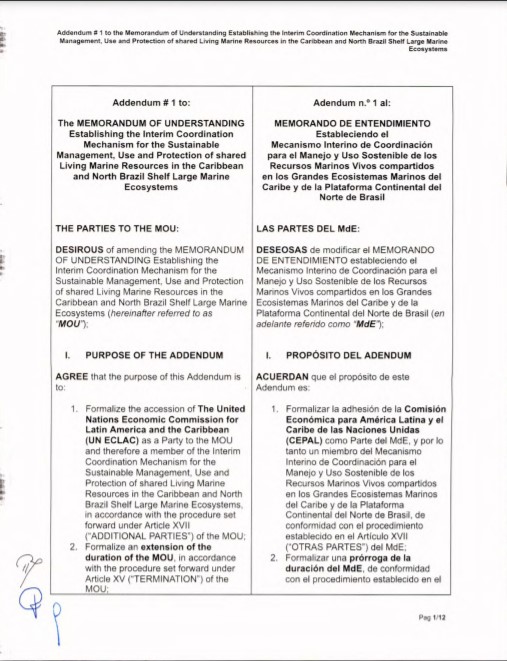
Addendum #1 to The MEMORANDUM OF UNDERSTANDING Establishing the Interim Coordination Mechanism for the Sustainable Management, Use and Protection of shared Living Marine Resources in the Caribbean and North Brazil Shelf Large Marine Ecosystems
This addendum to the MoU of the CLME+ ICM expands its lifespan beyond the termination date of the UNDP/GEF CLME+ Project (i.e. 30 October 2021) and formalizes the accession of UN ECLAC as a Party to the MOU and therefore a member of the Interim Coordination Mechanism for the Sustainable Management, Use and Protection of shared Living Marine Resources in the Caribbean and North Brazil Shelf Large Marine Ecosystems.
Author: CLME+ ICM
Year: 2021
Keywords: coordination mechanism, governance
 3
3


 Report issue
Report issue
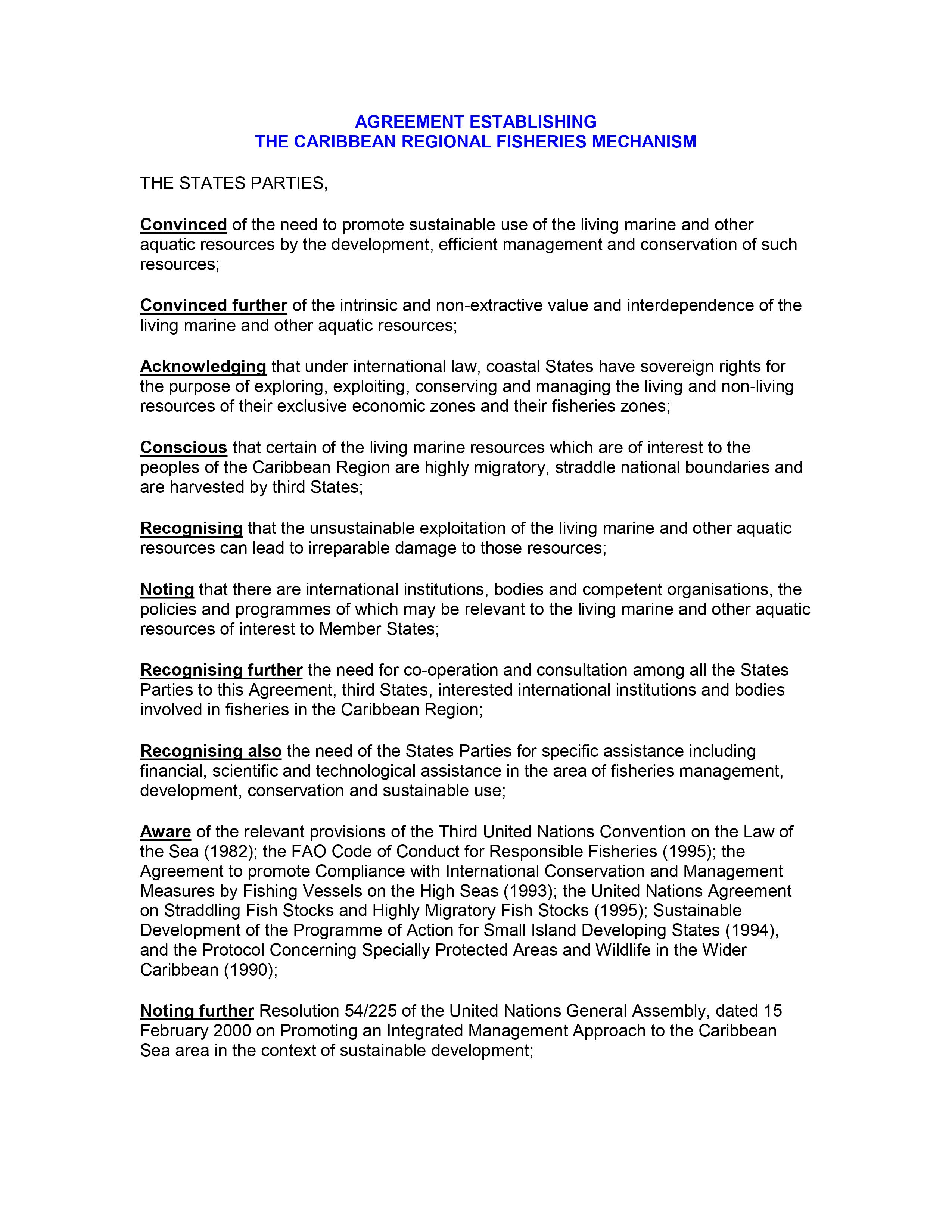
Agreement Establishing – The Caribbean Regional Fisheries Mechanism
This Document Shows the Agreement Establishing The Caribbean Regional Fisheries Mechanism.
Author: CRFM
Year:
Keywords:
 7
7


 Report issue
Report issue
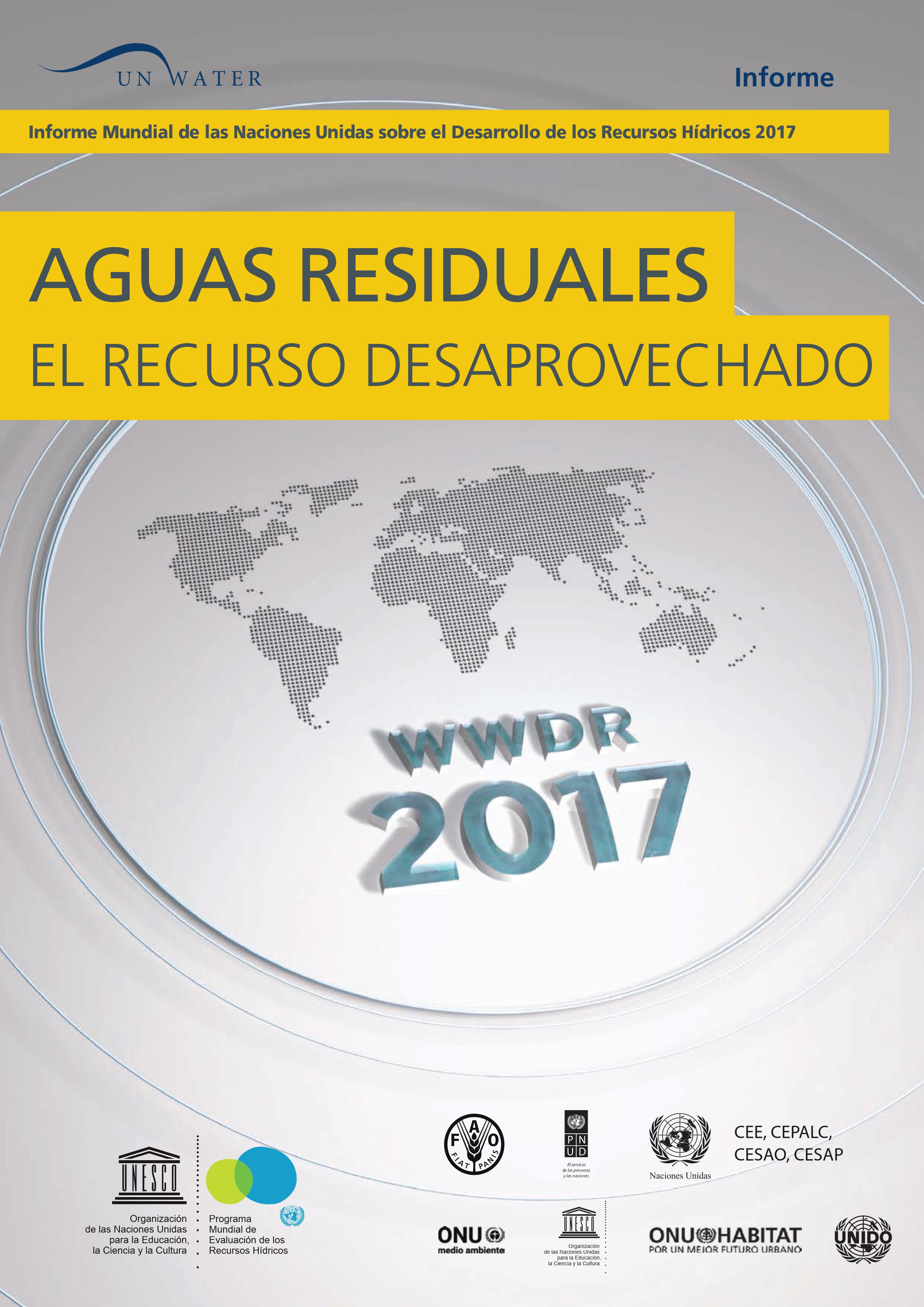
Aguas Residuales El recurso Desaprovechado – Informe Mundial de las Naciones Unidas sobre el Desarrollo de los Recursos Hídricos 2017
En la edición 2017 del Informe Mundial de las Naciones Unidas sobre el Desarrollo de los Recursos Hídricos (WWDR) se analiza la temática de aguas residuales y su potencial como recurso sostenible.
En el Informe Mundial sobre Desarrollo de los Recursos Hídricos 2017 se demuestra que una mejor gestión de las aguas residuales implica no solo la reducción de la contaminación en las fuentes, sino también la eliminación de contaminantes de los flujos de aguas residuales, la reutilización de las aguas regeneradas y la recuperación de los subproductos útiles.
Author: UNESCO
Year: 2017
Keywords:
 3
3


 Report issue
Report issue
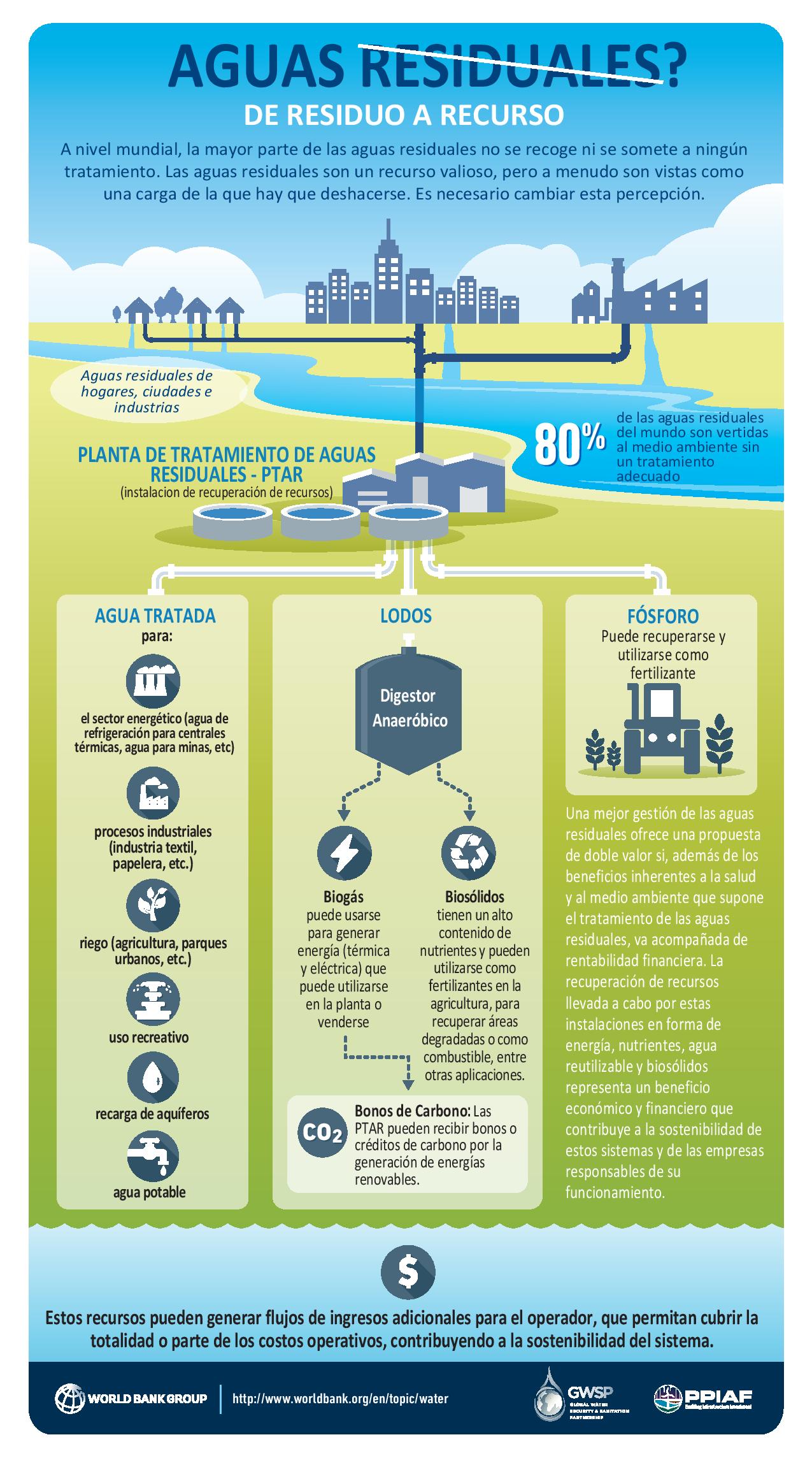
Aguas Residuales: De Residuo a Recurso
A nivel mundial, la mayor parte de las aguas residuales no se recoge ni se somete a ningún tratamiento. Las aguas residuales son un recurso valioso, pero a menudo son vistas como una carga de la que hay que deshacerse. Es necesario cambiar esta percepción.
Author: World Bank
Year:
Keywords: pollution
 3
3


 Report issue
Report issue










